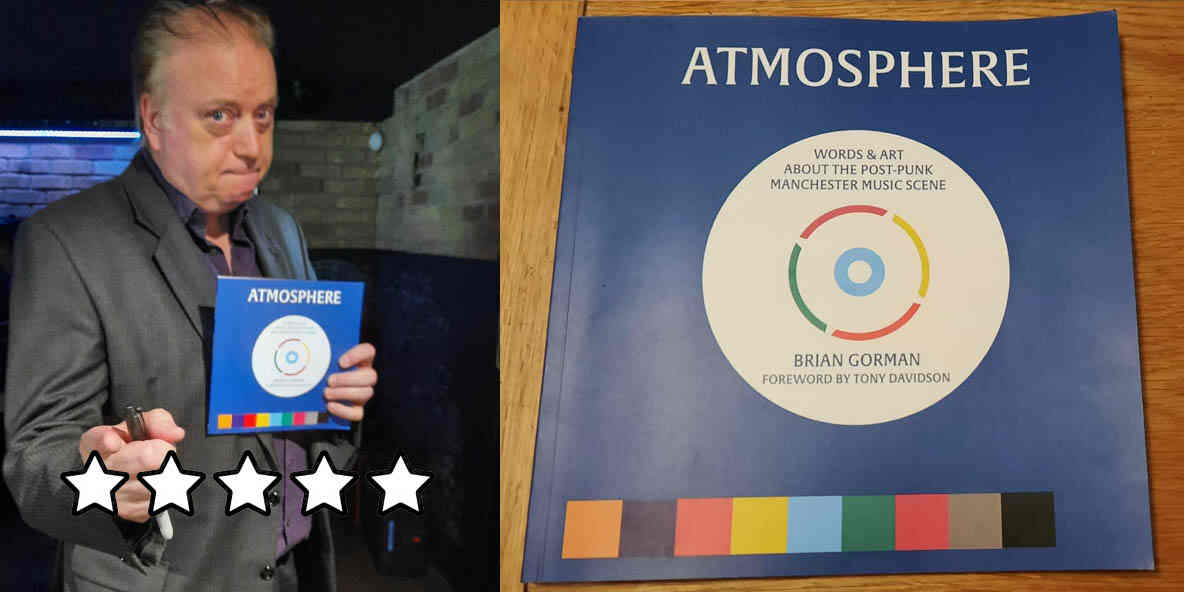
A relatively expensive but "game-changing" anti-cholesterol drug could soon be offered to hundreds of thousands of people in England and Wales on the NHS.
NHS England says inclisiran, given as a twice-a-year injection, could save about 30,000 lives within a decade.
It normally costs nearly £2,000 per dose but Novartis, which makes it, has agreed an undisclosed discount.
It can lower bad fat in the blood when other cheaper drugs, like statins, have not done enough, says draft advice.
The health watchdog NICE is recommending it as an option for people who have already had a stroke or heart attack and are not responding to other cholesterol-lowering treatments.
Experts hope it will help to cut their risk of further life-threatening cardiovascular events.
The drug works by silencing (turning off) a gene known as PCSK9, which is a key factor in the absorption of LDL cholesterol from the blood in the liver before breaking it down.
It can be used on its own or alongside statins.
Today’s decision follows agreement on a population-level commercial deal between NHS England and NHS Improvement and Novartis which will make inclisiran available with a discount to its list price.
Inclisiran can be given in primary care settings as a twice-yearly injection to people with high cholesterol who have already had a previous cardiovascular event to reduce the chances of them having another. It can be used on its own or alongside statins or other cholesterol lowering drugs.
Inclisiran works in a new way. It is the first of a new type of cholesterol-lowering treatment which uses RNA interference (RNAi) to boost the liver’s ability to remove harmful cholesterol from the blood.
People with primary hypercholesterolaemia and people who have abnormally high levels of fats in their blood called mixed dyslipidaemia are at increased risk of cardiovascular events. Current standard treatment includes dietary changes, statins and other cholesterol lowering drugs, alone or in combination.
Clinical trial evidence shows that inclisiran may help lower cholesterol levels when other treatments have not reduced them enough. However, there is no data directly comparing inclisiran with the other treatments, ezetimibe, alirocumab or evolocumab. There is also no long term evidence yet on inclisiran’s effect on cardiovascular outcomes.
Despite these uncertainties, inclisiran is still considered cost-effective in people who have previously had a cardiovascular event and whose cholesterol levels remain high after they have had the maximum tolerated lipid‑lowering therapy.
In people who have never had a cardiovascular event, the cost-effectiveness estimates were very uncertain and likely to be above what NICE considers an acceptable use of NHS resources. But a clinical trial is planned that will look at whether inclisiran reduces cardiovascular events in this population. So in this population, inclisiran is recommended for use in research trials.
The roll out of the highly effective drug is touted as being a game changer and eventually result in a saving of money for the NHS due to less people requiring treatment for cholesterol related diseases which cause premature deaths from heart attack and liver failure.







Recommended Comments
There are no comments to display.
Create an account or sign in to comment
You need to be a member in order to leave a comment
Create an account
Sign up for a new account in our community. It's easy!
Register a new accountSign in
Already have an account? Sign in here.
Sign In Now